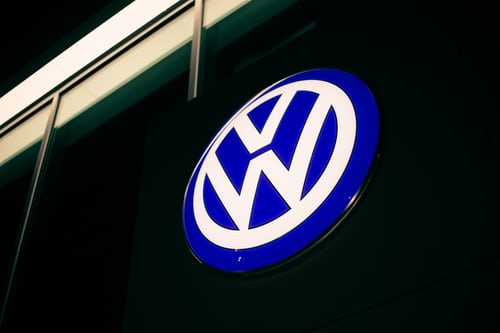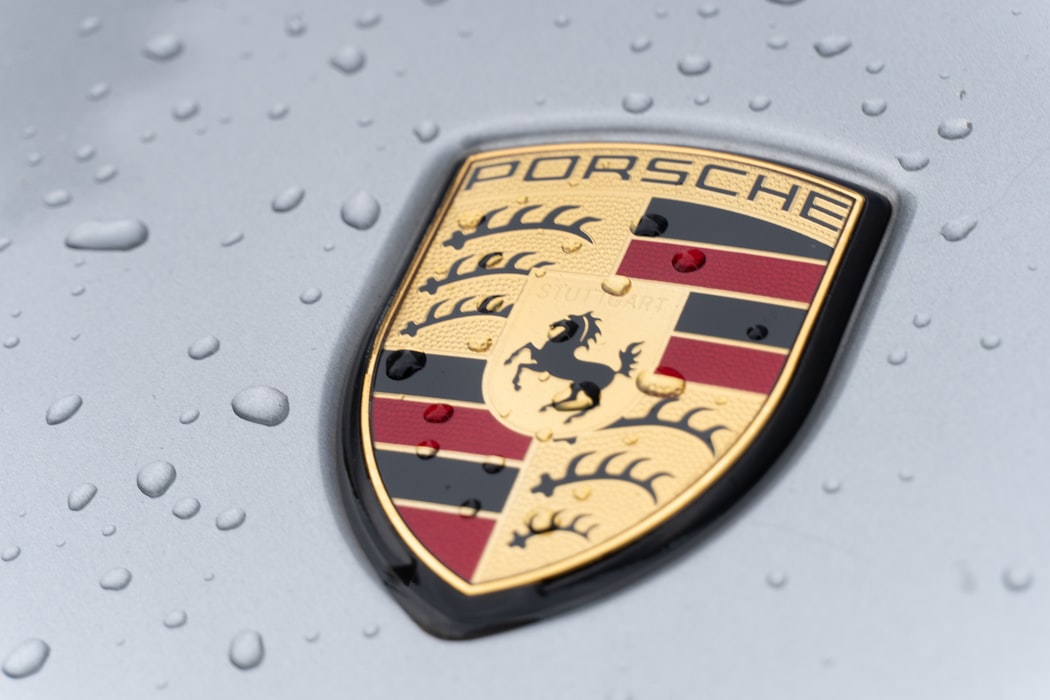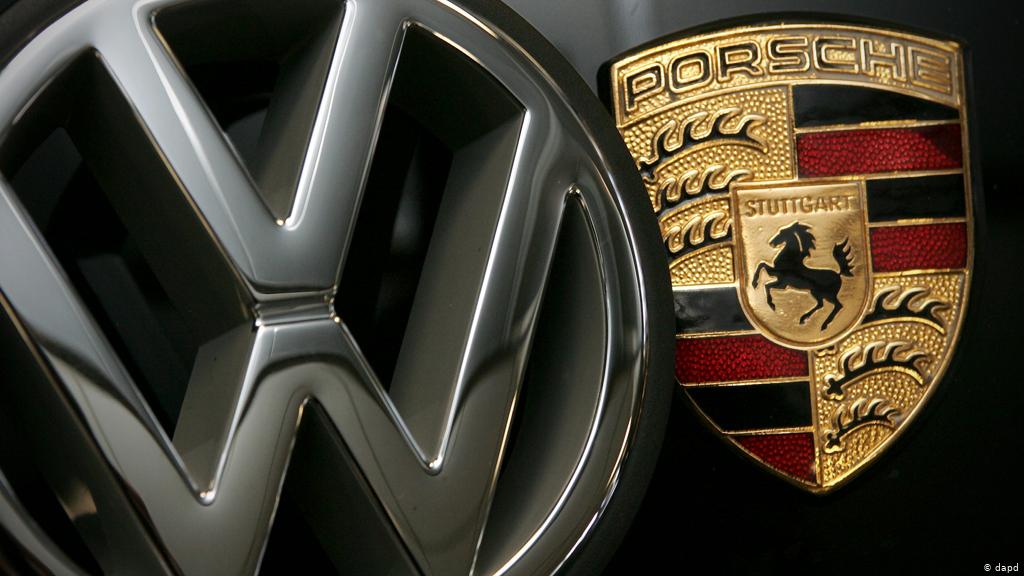If you make more than $100k per year you should have a Virtual Assistant.
If you don't, you're wasting your time on stuff that doesn't matter.
Here's the process I've created to find, interview, and manage great VA's after doing this for 5 years:
There's a lot of tasks you work on that are well below your intellectual capability.
Booking haircut appointments, ordering groceries, and finding flights is a waste of time.
First, you want to find out what tasks can you delegate.
Here's how:
Track everything you do every 15 minutes in a spreadsheet. Create 3 columns w/ the below questions
1. Do I like doing this?
2. Is it repeatable?
3. Can it be delegated?
If the answers are No, Yes, Yes -- you've found tasks to delegate!
We'll jump back into these tasks later.
Before we learn how to find them, let's understand the types of VA's:
1. Individual Freelancers (Low cost & High cost)
2. Agency VA's (High cost)
My experience has been with low-cost VA's (under $6/hour). I've gotten the same level of quality that I would with most US VA's.
Now, here's how we craft the right job post to attract the best ones: Be as specific as possible with what you expect. Here’s an example:
Also ask for a screenshot of their computer specs & internet speed results and a 2 min video of their background & why they want the job.



